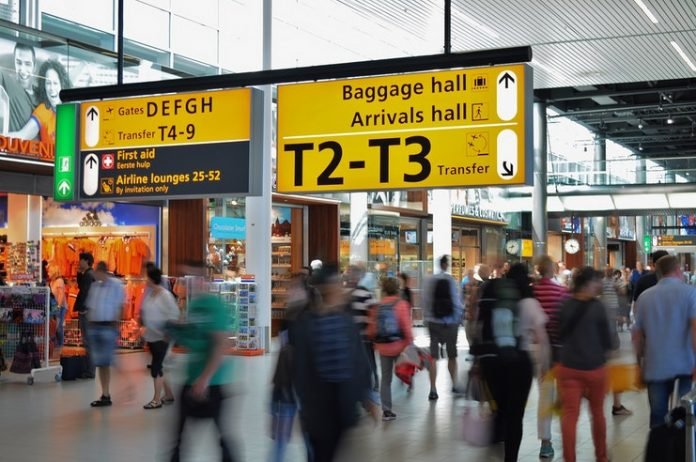MADRID—International tourist arrivals grew 6 percent in 2018, totaling 1.4 billion, according to the latest UNWTO World Tourism Barometer. UNWTO’s long term forecast issued in 2010 indicated the 1.4 billion mark would be reached in 2020, yet the growth of international arrivals in recent years has brought it two years ahead.
Stronger economic growth, more affordable air travel, technological changes, new businesses models, and greater visa facilitation around the word have accelerated growth in recent years, according to UNWTO.
Regionally, the Middle East (10 percent growth), Africa (7 percent growth), Asia and the Pacific (6 percent growth), and Europe (6 percent growth) led growth in 2018. Arrivals to the Americas were below the world average at 3 percent growth.
The Americas welcomed 217 million international arrivals in 2018, with mixed results across destinations. Growth was led by North America (4 percent growth) and followed by South America (3 percent growth), while Central America and the Caribbean (2 percent decline) showed mixed results, the latter reflecting the impact of the September 2017 hurricanes Irma and Maria.
Expected Growth in 2019
Based on current trends, economic prospects and the UNWTO Confidence Index, UNWTO forecasts international arrivals to grow 3 percent to 4 percent next year, more in line with historic growth trends.
As a general backdrop, the stability of fuel prices tends to translate into affordable air travel while air connectivity continues to improve in many destinations, facilitating the diversification of source markets. Trends also show strong outbound travel from emerging markets, especially India and Russia but also from smaller Asian and Arab source markets.
At the same time, the global economic slowdown, the uncertainty related to the Brexit, and geopolitical and trade tensions may prompt a “wait and see” attitude among investors and travelers, according to UNWTO.
Overall, 2019 is expected to see the consolidation among consumers of emerging trends such as the quest for ‘travel to change and to show’; ‘the pursuit of healthy options’ such as walking, wellness, and sports tourism; ‘multigenerational travel’ as a result of demographic changes; and more responsible travel.
“The growth of tourism in recent years confirms that the sector is today one of the most powerful drivers of economic growth and development,” said UNWTO Secretary-General Zurab Pololikashvili. “Digitalisation, new business models, more affordable travel, and societal changes are expected to continue shaping our sector, so both destination and companies need to adapt if they want to remain competitive.”











